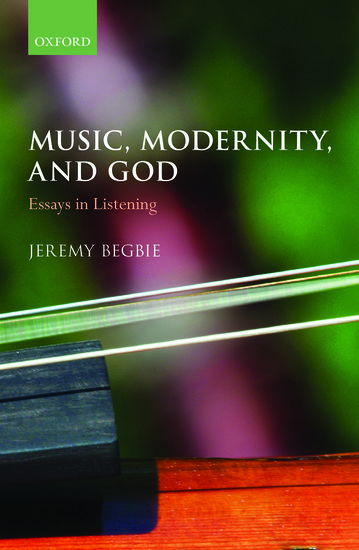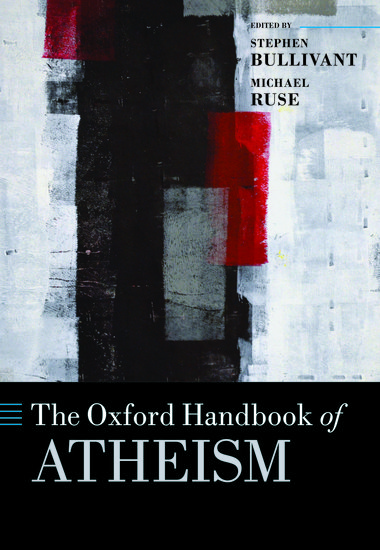Leaning in
By Katie Day
I am one of the last professional women I know to read Lean In by Facebook COO Sheryl Sandberg (Knopf, 2013). If you are also among the laggards, it is an inspiring call to women to lean into leadership. Too often, Sandberg shows through research and life story, women are not considered “leadership material,” and not just by men.






